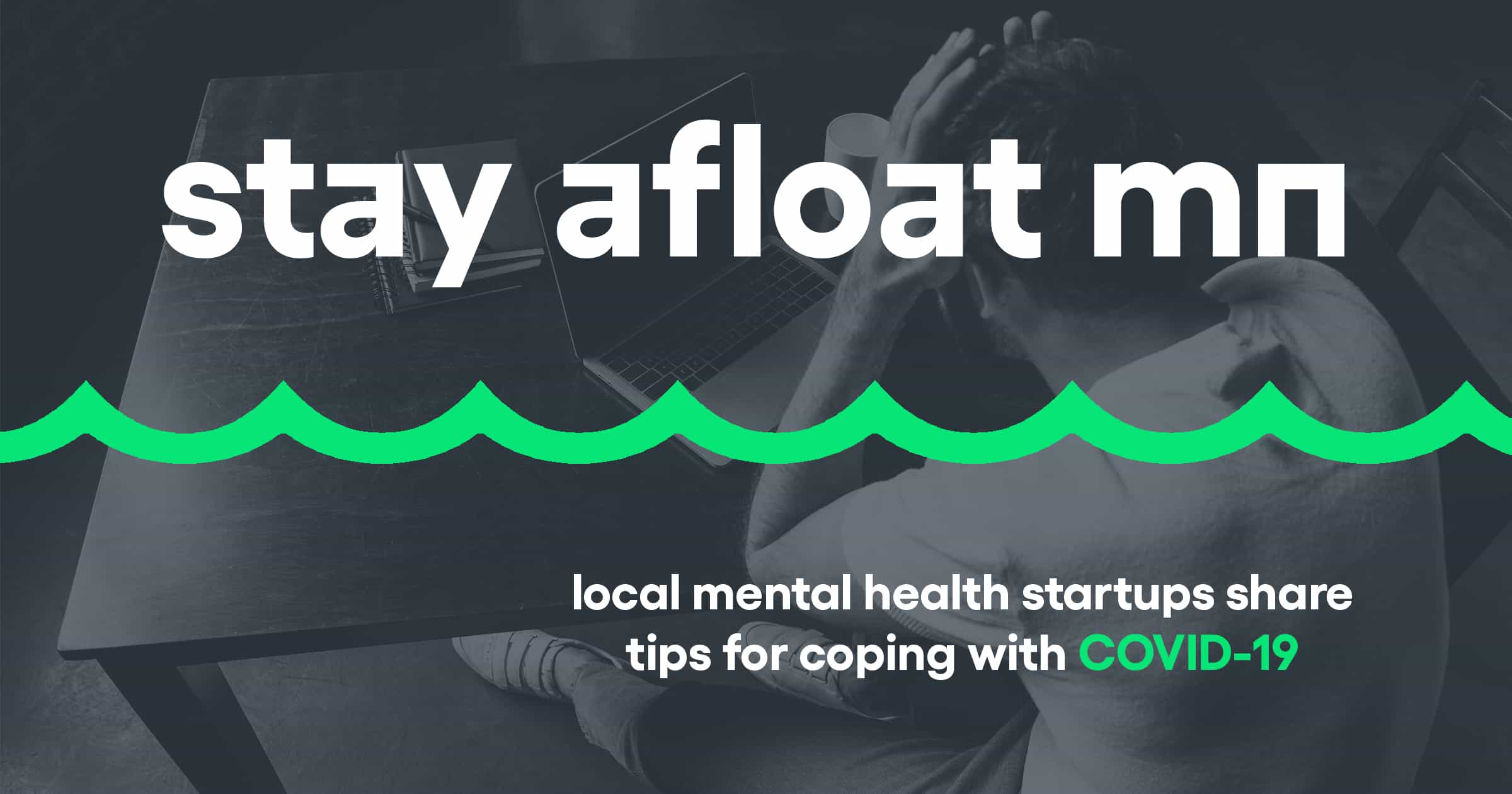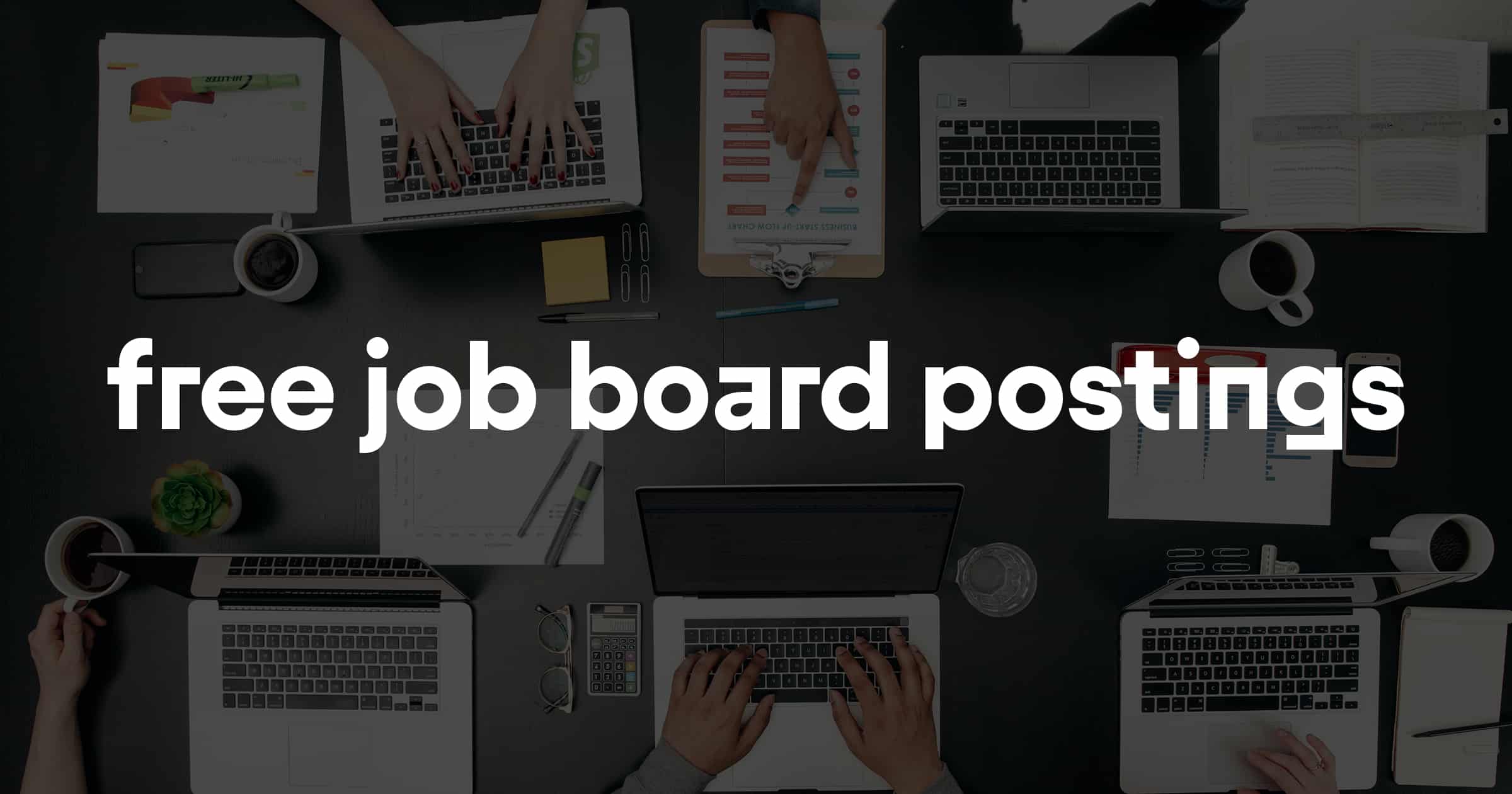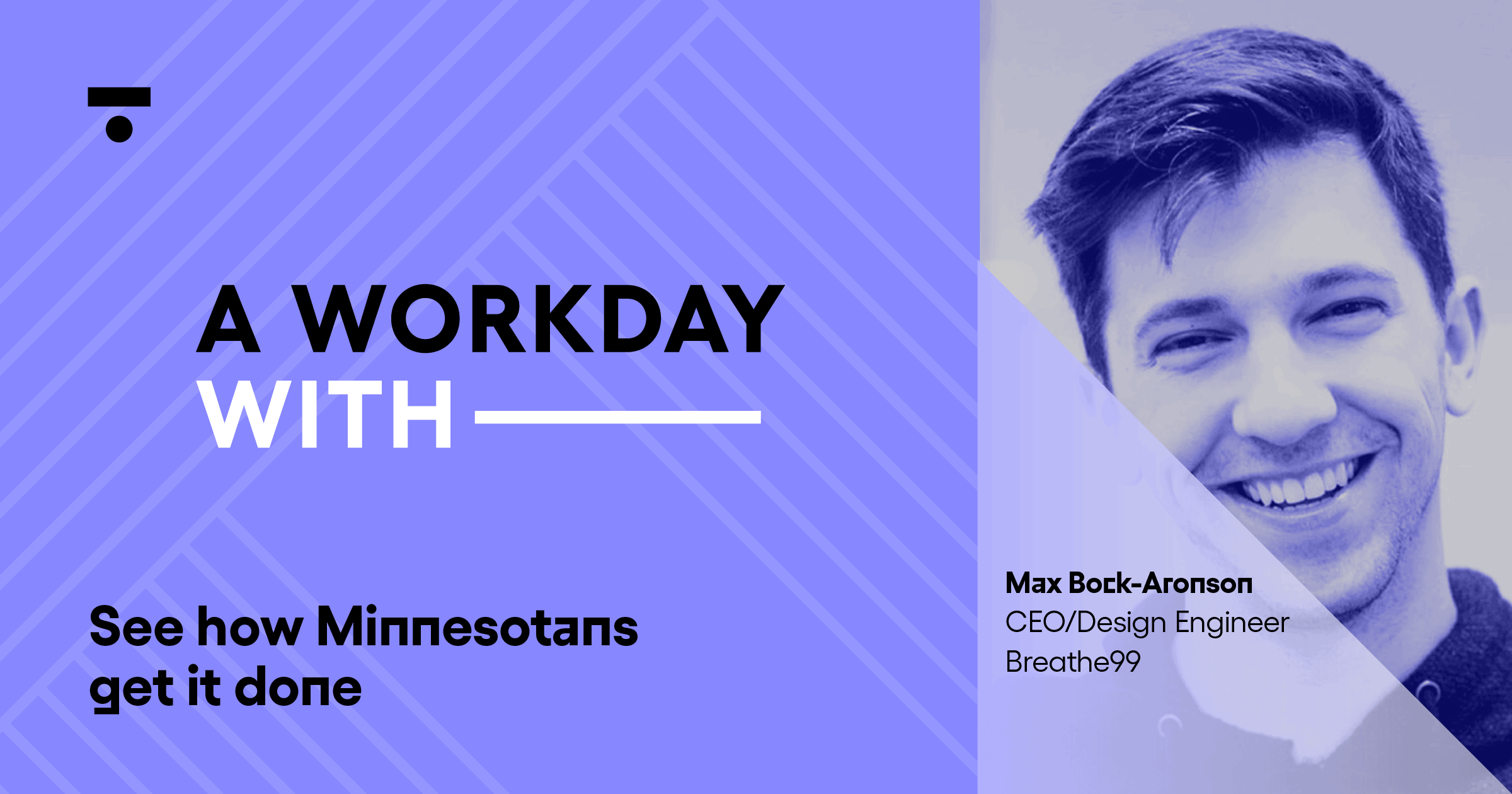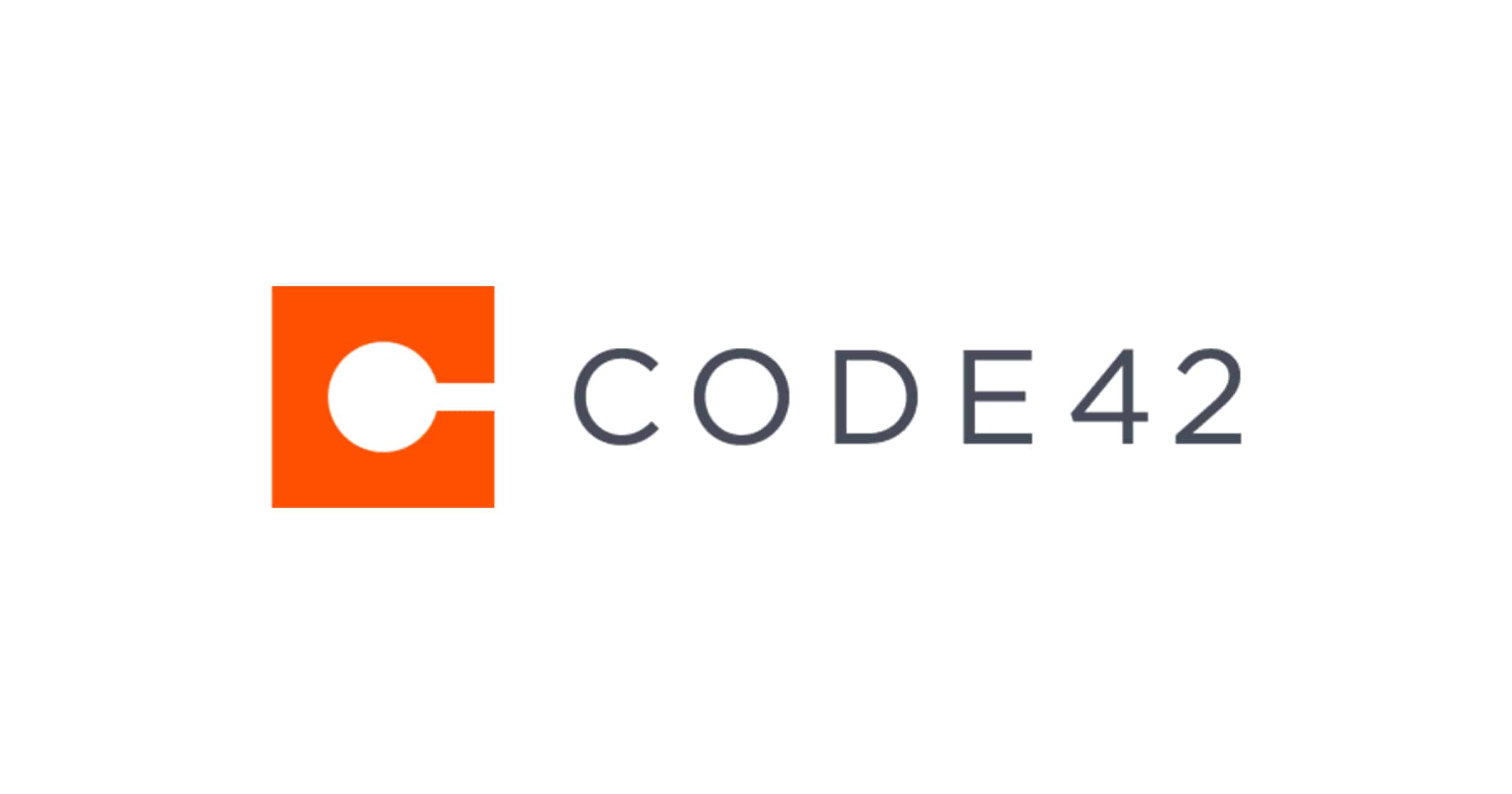Dealing with the stress of everyday life can be rough, and that’s outside of the added pressure of a global pandemic. As COVID-19 continues to disrupt our sense of daily normalcy, countless Minnesotans are facing uncertainty, isolation, and fear.
These feelings are enough to make anyone’s thoughts heavy. For some, however, the stress of COVID-19 is an unwelcome guest to mental health issues such as depression, anxiety, substance misuse and substance use disorders, and body focused repetitive disorders (BFRBs). We reached out to three local mental health startups for some tips to help those struggling to cope with the COVID-19 pandemic.
 HabitAware
HabitAware
Aneela Idnani, Co-Founder
Body Focused Repetitive Disorders (BFRBs)
Hair pulling (trichotillomania), skin picking (dermatillomania) and nail biting: these Body Focused Repetitive Behaviors are restless hand movements that are subconsciously triggered by our restless minds. Emotional triggers include stress, anxiety and boredom, all of which are increasing during this time of home isolation and therefore lend themselves to an increase in hair pulling, skin picking and nail-biting behaviors.
The keys to taking control of BFRBs are in awareness of these very trancelike behaviors (this is where HabitAware Keen can help) AND in understanding your personal triggers. Here are my three tips for BFRBers during our needed isolation due to COVID-19:
Use the clues to figure out your best replacement strategies
To truly retrain your brain away from your BFRB, you must give your brain something that brings as much satisfaction. This replacement will be different for everyone and is dependent on the BFRB scenario. To figure out your best replacement strategy, ask yourself the following questions when you realize you are engaging in your BFRB: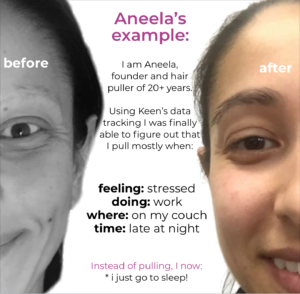
- What am I feeling/thinking about right now?
- What am I doing right now?
- Where am I?
- Who am I with?
- What time is it?
The answers to these questions will inform your best strategy.
No joke, it took me 20+ years to figure this out – all because I was asking myself the wrong question — “What is wrong with me?”
Build your toolkit
As you go through the exercise of “using the clues,” create a cheat sheet of the replacement strategies you start identifying as right for you. I personally opt for strategies that don’t require accessories such as deep breathing, walking, stretching, drinking water. In this way you are always prepared. But, if physical items help you (like fidget toys or hairbands or gloves), then consider creating a “pause pack” to keep in your car, your bedroom, or your living room so you always have your strategies handy.
Remember, practice makes progress
You can’t make change if you don’t work for it. As you get to know your BFRB triggers and practice healthier choices, you will more easily surface a positive replacement strategy at the right time and place. But don’t get tripped up with a “BFRB-free” mentality. Remember, in the same way a diabetic can’t declare a “diabetes-free” day and must learn to manage their chronic condition, so too must we BFRBers.
By practicing daily, I hope you’ll find, as I have, that taking control of your BFRB becomes easier and easier with time — helping you prepare for intensely triggering times like these. I hope BFRBers reading this will find these strategies helpful and I also hope everyone else reading will realize these strategies transcend condition.
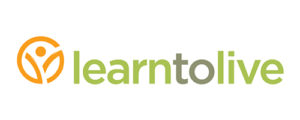 Learning to Live
Learning to Live
Russell Morfitt PhD, Chief Psychology Officer
Anxiety and Depression
The world has changed, at least for the time being, and the pandemic is affecting all of us. People are worried about losing jobs, getting sick, finding the household supplies they need, and whether they can understand 7th grade math well enough to help their kids. Here are three tips that I’d like to share for people dealing with risk of anxiety and depression during this time of isolation and uncertainty:
Think effectively, like Socrates
The risk in unpredictable times like these is to fill in the blanks with dire predictions. We don’t know, so we imagine the situation growing ever worse. If you find yourself engaging in that kind of fortune-telling, or mind-reading, or other thinking dead-ends, take a tip from Socrates. He did not tell people things so much as he asked them questions. So why not respond to your worries with questions you can ask yourself:
- How else can this situation turn out, in a good way?
- What would a wise, caring friend say about this line of thinking?
- Will this moment seem different—maybe less dire—when I look back in 10 years?
- Is this thought just my noisy mind doing its thing…. and I can move on?
Do what fills you up
People can become depressed for a number of reasons and the risks are even greater with pandemic-related isolation and sedentary living. Psychology research has identified a particularly important tool for freeing ourselves from the heavy boot of discouragement and depression —behavioral activation. The term refers to defying depression’s destructive command to just lay around or go back to bed and, instead, do the opposite:
- Do fun things: have to be a bit more creative these days — Monopoly, anyone?
- Socialize: virtually: connect with relatives and old friends by phone or video
- Exercise your body: can’t use the gym, so walk/run or go old-school with push-ups and crunches
- Exercise your faith: can’t go to a service but they are virtual these days
- Accomplish things: little things like getting dressed for the day and bigger things like starting that home project
- Learn new things: try a musical instrument, novel recipes, start on-line classes for a new career
- Help others: who is isolated or laid off and could benefit from your encouraging phone call?
- Polish your skills — review your French-speaking or writing skills
Build a firm well-being foundation
Even if you tend to think of yourself as emotionally bullet-proof, the truth is that we all handle challenges — including COVID-19 difficulties — better when we take care of the basics:
- Get some sleep — keep up a routine even if you are sidelined from work or school
- Talk about your life challenges with — and listen to — others
- Exercise gratitude — make a list of things you are thankful for daily, even if you are experiencing losses right now
- Eat healthy meals and limit the snacking you will otherwise regret
- Refuse to dwell — this is a good time to let go of grudges toward others and be gentle with yourself
 Recovree
Recovree
Jordan Hansen, VP of Growth and Strategy
Substance Misuse and Substance Use Disorder
Connect with yourself
In these bizarre times, folks are often detached from how they are really doing. Whether we are eating ice cream in sweatpants, doomscrolling for hours on social media, or using substances in an unhelpful way, we are staying disconnected from our real selves. Take a few minutes a couple times each day to check in with how you are actually feeling. Sometimes, this can be very uncomfortable for people, but it’s a good place to start working to feel better.
If you were to be given a grade of how well you are treating yourself at the moment, how would you do? What might it look like for you to take some steps to treat yourself a little better?
Connect with others
Whether people are looking to address their use of substances through trying abstinence, seeking treatment, reducing use or avoiding risky behavior, finding people to talk with is vital. Lots of people benefit from individual therapy, and lots of people find camaraderie and understanding in peer support. For many people, family and friends can be a mix of support and stressors, and oftentimes, people benefit from somebody not as close. Lots of people who are looking to address substance use compare how they feel to how everyone else looks. When we stay in our own head, this dynamic can get away from us.
In these times of social distancing, many technology solutions are available for people to explore as they look to support their wellness. Lots of peer support meetings, individual peer support services and recovery-related materials are available.
Connect with the universe
Lots of times, people become isolated while struggling with drug use and excessive drinking, especially when the health department is telling us to practice social distancing. This can take lots of different forms. Sometimes, it can be literal isolation. Other times, it is feeling inauthentic or detached. Others struggle with finding meaning and purpose. Sometimes, substances are a substantial block toward finding our place in the world or are the thing that makes this whole uncomfortable conversation go away.
Some ideas that have helped people in tough times include finding things to do for others. There are few things as helpful as getting outside of one’s own head through being useful. The constant spread of dystopian news is slightly more tolerable when we have something active to contribute to. Find a cause. Raise some money. Make some masks. Call people who you know are having a hard time.
If you are in a crisis related to substance use or mental health issues, please reach out for help.
Additional Resources
Adult mental health crisis response phone numbers
Children’s mental health crisis response phone numbers
- Open Monday-Saturday, 5 PM to 10 PM
- 651.288.0400
- Toll Free 877.404.3190
- or text “Support” to 85511
Online Recovery Group Meetings
Smart Recovery Online Community
Minnesota Recovery Connection Telephone Recovery Support
Do you know of resources that should be added to this list? Let us know by emailing info@tech.mn or reaching out on Twitter @TECHdotMN.

